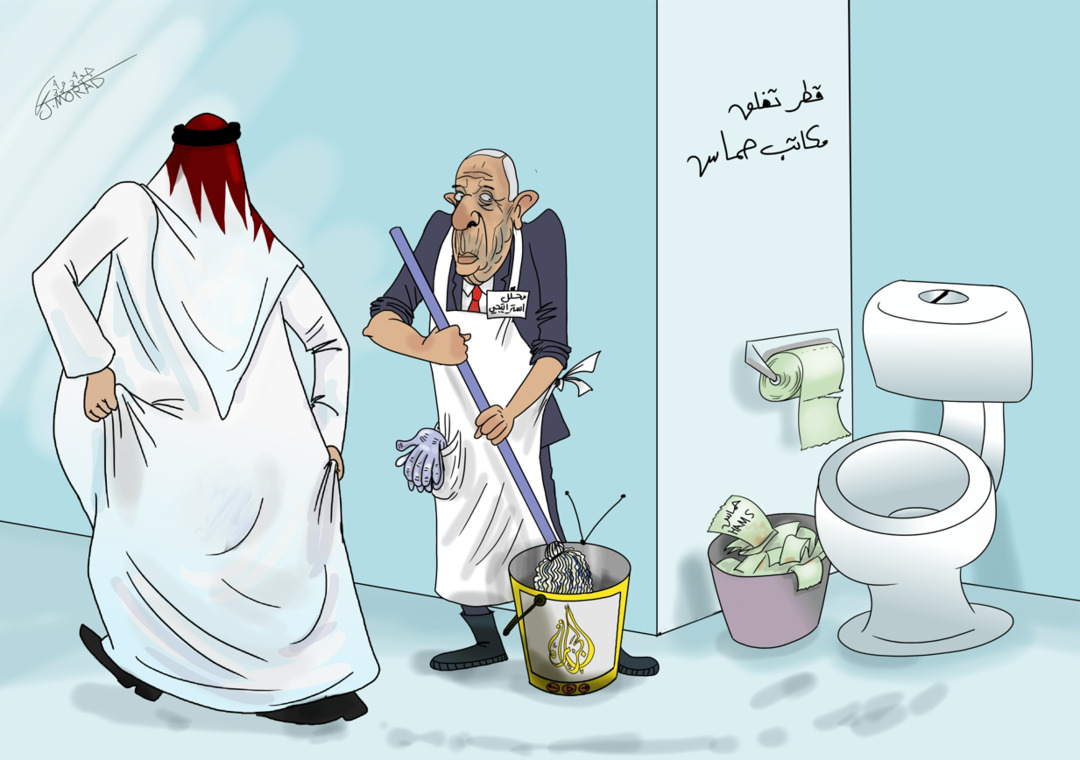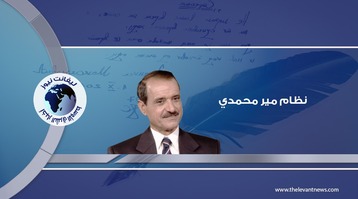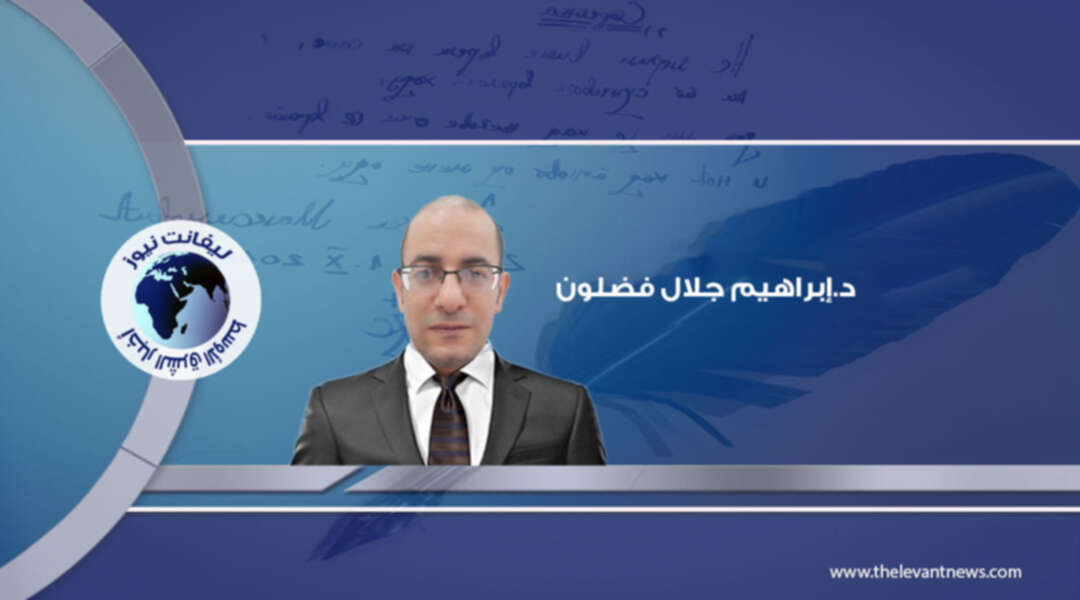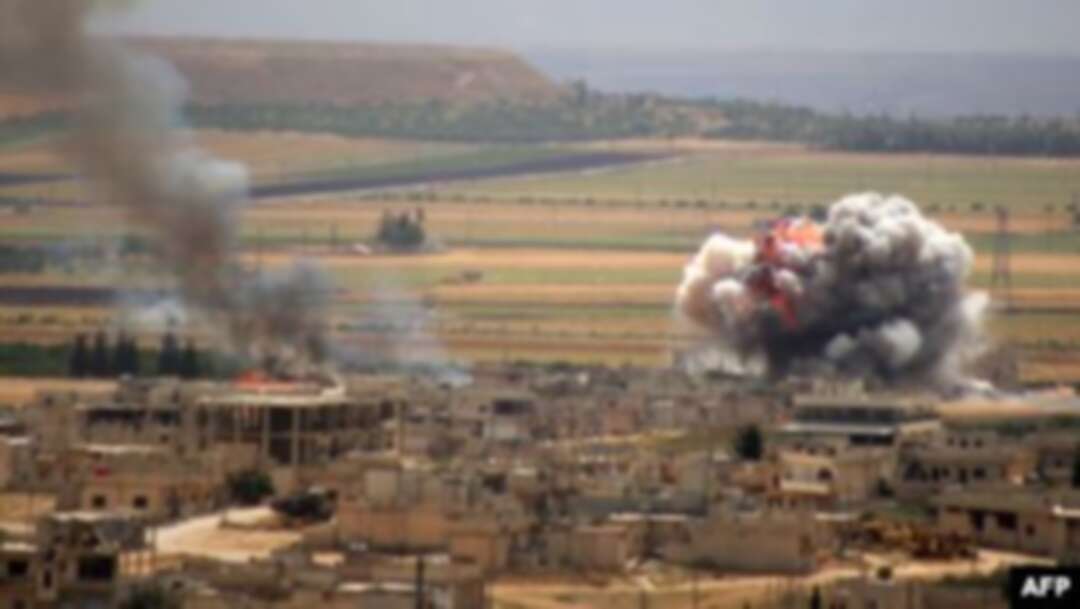-
ds and Trump: Ambiguity of the Future Landscape

**By Aziz al-Din Mela**
As the world watched the U.S. elections and their outcomes, countries were divided in their preferences between one candidate or another based on each one's policies and interests. Once the results were announced, a calm settled over everyone, giving way to new predictions and opinions. With Donald Trump's victory in the presidential elections held on November 5, many are questioning the implications of this event on U.S. policy toward the Middle East, particularly regarding critical issues in the region such as the Syrian crisis, Iraq, Yemen, Turkish-Kurdish relations, and the aspirations of the Kurds towards independence or autonomy.
In this context, it is important to analyze Trump's policy in the Middle East during his second term, including the United States' relationships with regional countries and its approach to political and democratic rights, as well as expectations around his stance toward the Kurds and U.S. policy directions.
The Middle East continues to be tumultuous with complex crises and conflicts ranging from Syria and Iraq to Yemen and Libya. Trump's victory is likely to reinforce a U.S. policy characterized by a focus on immediate interests without engaging in long-term diplomatic solutions. He may tend to strengthen traditional U.S. alliances, particularly with Israel and Saudi Arabia, which see Trump as a strong ally in countering Iran. This approach could lead to heightened tensions with countries that maintain complex relations with Washington, such as Turkey and Iran, and increase the isolation of some Arab states that seek to strengthen ties with the U.S.
I believe Trump will adopt an "America First" policy focusing on reducing costly military interventions, similar to his prior withdrawal of U.S. troops from Afghanistan. However, he may simultaneously enhance a limited military presence at strategic points, especially to counter Iranian and Russian influence in the region. For the Kurds, Trump might maintain limited military support for Kurdish forces in Syria and Iraq in their fight against groups like ISIS, but he could avoid committing to a long-term future for the Kurds amid Turkish pressures.
Trump may choose to avoid intervention in the internal affairs of other countries when there is no direct impact on U.S. interests. Therefore, it is unlikely he will have a significant agenda supporting democracy or human rights in these countries, especially with allies like Turkey, where Kurdish rights issues will still be treated with caution. In Syria, Trump is likely to be more focused on combating terrorist groups like ISIS rather than engaging in support for democratic transitions.
The Middle East may witness further military escalation or continued U.S. presence at sensitive strategic points, such as the Gulf. However, Trump will try to avoid getting involved in new conflicts, while still maintaining a strong military footprint in certain areas like Iraq and Syria to counter Iranian influence and threats from terrorist organizations.
I believe Trump will continue to support the Syrian Democratic Forces (SDF) in Syria against ISIS but may reduce military aid if required to improve relations with Turkey. In Iraq, U.S. support for the Kurds may continue within the context of counter-terrorism, but with increased pressure on the Kurds to avoid tensions with Baghdad.
On another front, I think Trump's victory could have a mixed impact on regional economies. It may boost economic deals with allies like Saudi Arabia and the UAE, but he may avoid providing significant economic support to areas like Iraqi and Syrian Kurdistan unless it serves U.S. strategic interests. In the long term, direct economic support for the Kurds might be limited unless they cooperate in countering ISIS or Iran. It is unlikely that the U.S. will establish an independent economic policy to support the Kurds distinctly and clearly. U.S. economic assistance for the Kurds in Iraq and Syria may continue in the form of relief and reconstruction aid for their war-torn areas but will not include large investments unless there is a chance for political stability in those regions.
I do not believe that Trump will adopt a policy to support the independence of Iraqi Kurdistan or the development of Kurdish self-administration areas in Syria. Instead, he will attempt to maintain balanced relationships between the Kurds and the central governments in Iraq, Syria, and Turkey. He will continue to support the Kurds within the military framework against ISIS but without intervening in issues of independence or autonomy.
Regarding the humanitarian aspect, the U.S. is expected to continue providing humanitarian aid to the Kurds in conflict areas, especially given the deteriorating conditions in northern Syria. However, support may dwindle if the priorities shift toward security or domestic economic issues.
Thus, I find that Donald Trump's victory in the U.S. elections will undoubtedly affect the Middle East, especially the Kurdish issue, which will likely receive increased attention. He may seek to achieve U.S. strategic interests in the region alongside specific solutions regarding the Kurdish situation.
You May Also Like
Popular Posts
Caricature
Qatar Closes Hamas Office...
- November 11, 2024

Qatar Closes Hamas Offices
opinion
Report
ads
Newsletter
Subscribe to our mailing list to get the new updates!





















